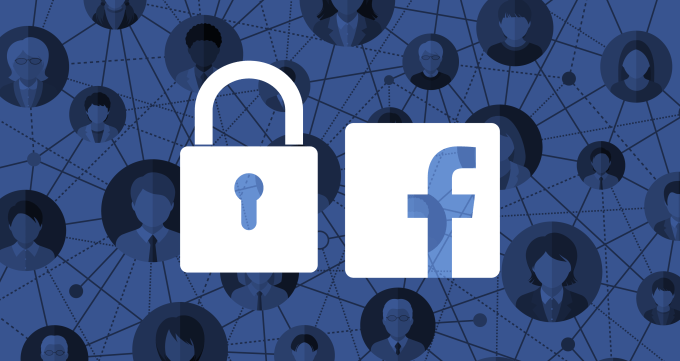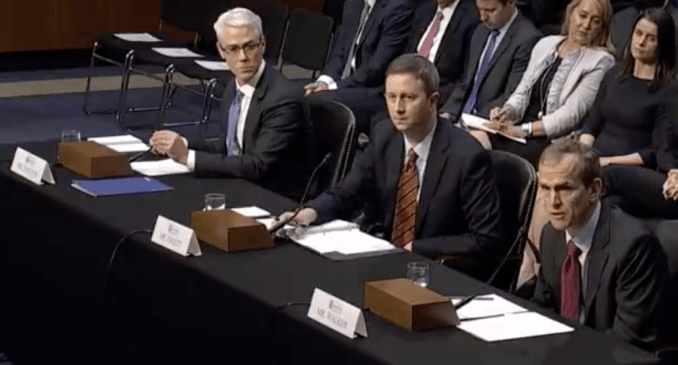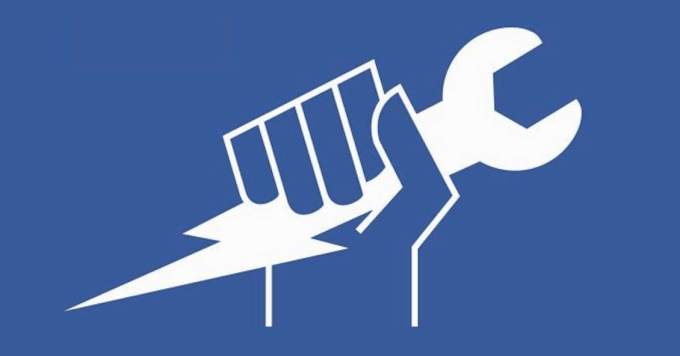Zuckerberg doing everything possible to fix Facebook . Amidst drilling through Facebook’s strategy and progress, he slips in several notable passages revealing his own philosophy.
He posted a 3,260-word battle plan for fighting election interference. Zuckerberg has cast off his premature skepticism and is ready to command the troops. He sees Facebook’s real identity policy as a powerful weapon for truth other social networks lack, but that would be weakened if Instagram and WhatsApp were split off by regulators. He’s done with the finger-pointing and wants everyone to work together on solutions. And he’s adopted a touch of cynicism that could open his eyes and help him predict how people will misuse his creation.
Here are the most important parts of Zuckerberg’s security manifesto:
Zuckerberg embraces his war-time tactician role
“While we want to move quickly when we identify a threat, it’s also important to wait until we uncover as much of the network as we can before we take accounts down to avoid tipping off our adversaries, who would otherwise take extra steps to cover their remaining tracks. And ideally, we time these takedowns to cause the maximum disruption to their operations.”
The fury he unleashed on Google+, Snapchat, and Facebook’s IPO-killer is now aimed at election attackers
“These are incredibly complex and important problems, and this has been an intense year. I am bringing the same focus and rigor to addressing these issues that I’ve brought to previous product challenges like shifting our services to mobile.”

Balancing free speech and security is complicated and expensive
Putting Twitter and YouTube on blast for allowing pseudonymity…“These issues are even harder because people don’t agree on what a good outcome looks like, or what tradeoffs are acceptable to make. When it comes to free expression, thoughtful people come to different conclusions about the right balances. When it comes to implementing a solution, certainly some investors disagree with my approach to invest so much in security.”
While making an argument for why the Internet is more secure if Facebook isn’t broken up“One advantage Facebook has is that we have a principle that you must use your real identity. This means we have a clear notion of what’s an authentic account. This is harder with services like Instagram, WhatsApp, Twitter, YouTube, iMessage, or any other service where you don’t need to provide your real identity.”
“Fortunately, our systems are shared, so when we find bad actors on Facebook, we can also remove accounts linked to them on Instagram and WhatsApp as well. And where we can share information with other companies, we can also help them remove fake accounts too.”‘

Political ads aren’t a business, they’re supposedly a moral duty
Zuckerberg overruled staff to allow academic research on Facebook“When deciding on this policy, we also discussed whether it would be better to ban political ads altogether. Initially, this seemed simple and attractive. But we decided against it — not due to money, as this new verification process is costly and so we no longer make any meaningful profit on political ads — but because we believe in giving people a voice. We didn’t want to take away an important tool many groups use to engage in the political process.”
“As a result of these controversies [like Cambridge Analytica], there was considerable concern amongst Facebook employees about allowing researchers to access data. Ultimately, I decided that the benefits of enabling this kind of academic research outweigh the risks. But we are dedicating significant resources to ensuring this research is conducted in a way that respects people’s privacy and meets the highest ethical standards.”

Calling on law enforcement to step up
Instead of minimizing their own blame, the major players must unite forces“There are certain critical signals that only law enforcement has access to, like money flows. For example, our systems make it significantly harder to set up fake accounts or buy political ads from outside the country. But it would still be very difficult without additional intelligence for Facebook or others to figure out if a foreign adversary had set up a company in the US, wired money to it, and then registered an authentic account on our services and bought ads from the US.”
“Preventing election interference is bigger than any single organization. It’s now clear that everyone — governments, tech companies, and independent experts such as the Atlantic Council — need to do a better job sharing the signals and information they have to prevent abuse . . . The last point I’ll make is that we’re all in this together. The definition of success is that we stop cyberattacks and coordinated information operations before they can cause harm.”
The end of Zuckerberg’s utopic idealism
“One of the important lessons I’ve learned is that when you build services that connect billions of people across countries and cultures, you’re going to see all of the good humanity is capable of, and you’re also going to see people try to abuse those services in every way possible.”

Comments
Post a Comment